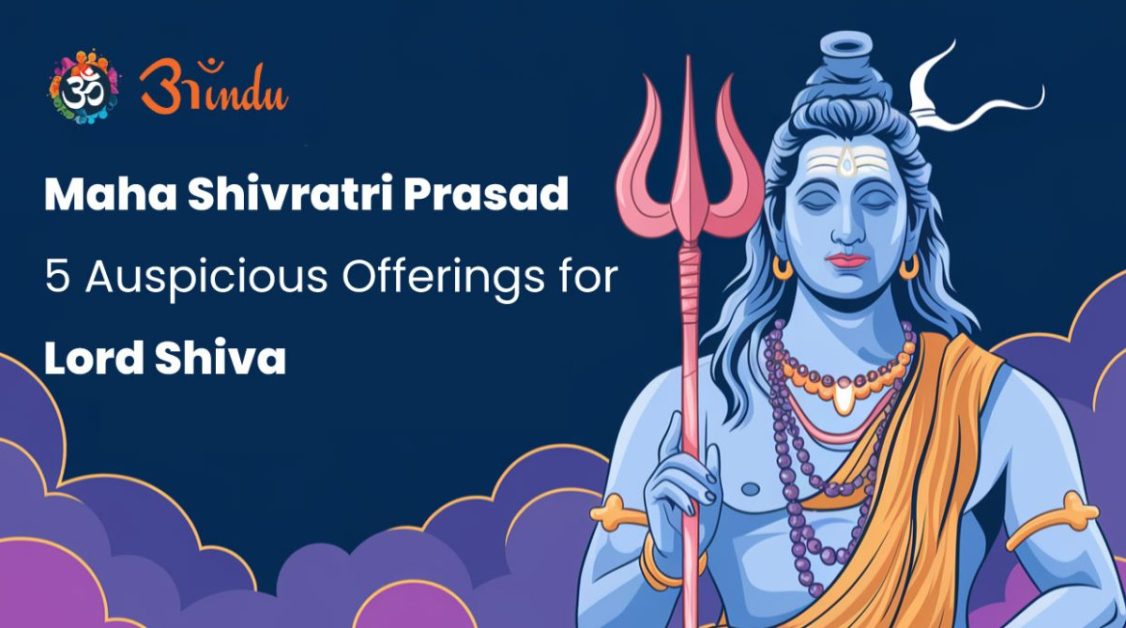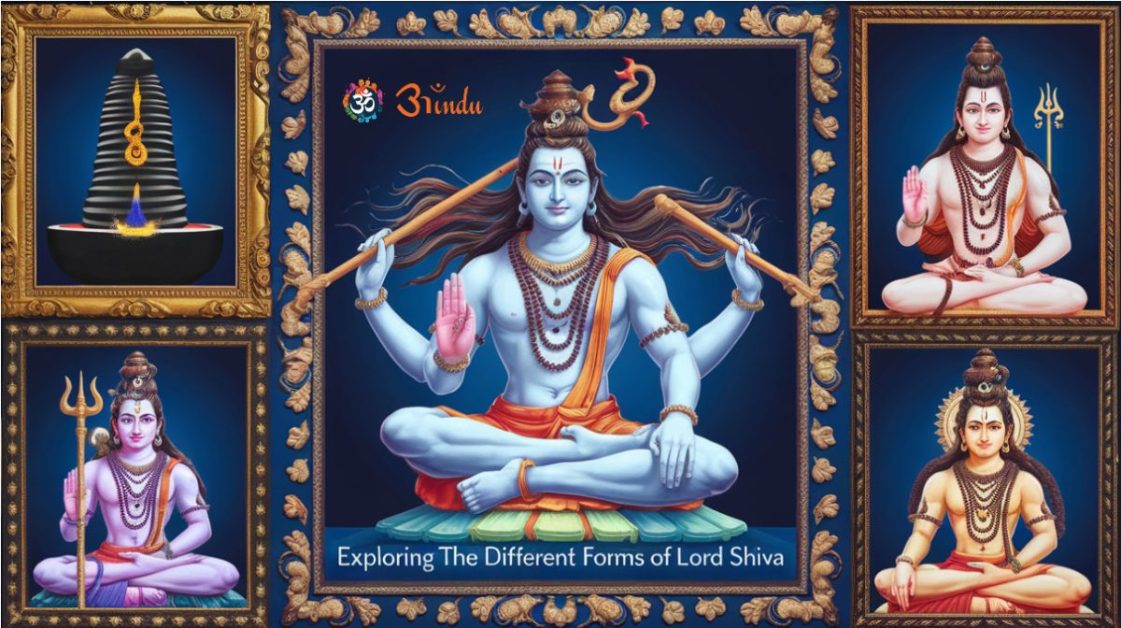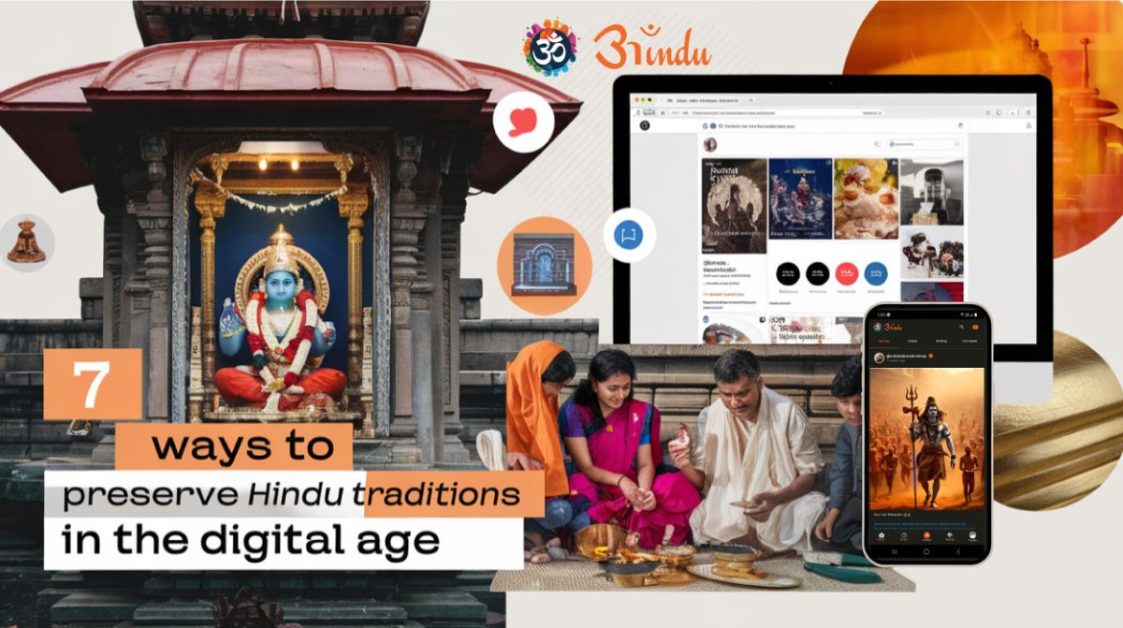
Introduction
In an era dominated by social media feeds, fast food, digital burnout, and fleeting attention spans, one question resonates in the hearts of many Hindus around the world:
Explore Blog Content
Toggle“How can I live a meaningful, Dharmic life in today’s modern world?”
The beauty of Sanatan Dharma lies in its timelessness. Its core wisdom is not limited to rituals or temple visits. It is about how we live — daily — with truth, compassion, duty, humility, and self-awareness. That is Dharma.
Leading a Dharmic life today does not mean you have to abandon modern life or become a monk. Instead, it means adopting daily dharma practices that are simple, soul-nourishing, and aligned with your Swadharma — your personal path of truth.
“धर्मो रक्षति रक्षितः”
“Dharma protects those who protect Dharma.” — Manusmriti 8.15
Whether you’re a tech professional in Bengaluru, a homemaker in Pune, or a student in Boston, your Dharma is alive in how you eat, speak, work, and relate. In this blog, we’ll walk through 10 actionable, spiritual habits that align with a Sanatan Dharma lifestyle — so you can lead a Dharmic life in modern times, one choice at a time.
What is a Dharmic Life in Today’s World?
(With PAA: What does Dharmic living mean today? Is Dharma still relevant in modern life?)
In ancient times, Dharma was often understood in the context of varna-ashrama-dharma — one’s role, age, and societal duties. But in today’s world, it means something deeply personal: living in harmony with universal truth and your own inner values.
So, what does it mean to live a Dharmic life in 2025?
- Being honest, even when lying is easier
- Speaking kindly, especially when you’re angry
- Eating with mindfulness, not indulgence
- Practicing self-discipline, not spiritual showmanship
- Choosing compassion over convenience
A Sanatan Dharma lifestyle is not about strict rules. It is about spiritual flow — where your actions are connected to cosmic order (Rita), and your intentions are clean.
“स्वधर्मे निधनं श्रेयः परधर्मो भयावहः”
“Better to die doing your own Dharma than to follow another’s.” — Bhagavad Gita 3.35
Your daily dharma practices could be as simple as lighting a diya, donating one rupee, controlling anger, or helping someone cross the road. These micro-habits are not small — they are spiritual revolutions in disguise.
Morning Foundations — Practices 1 to 3
(With PAA: What is a Dharmic way to start the day? What are some Hindu spiritual habits to follow in the morning?)
How you begin your day sets the tone for your spiritual vibration. Here are three morning Hindu spiritual habits to start your day Dharmically:
1. Wake up with a Shloka & Gratitude
Don’t grab your phone first. Sit up slowly and recite:
“कराग्रे वसते लक्ष्मीः करमध्ये सरस्वती।
करमूले तु गोविन्दः प्रभाते करदर्शनम्॥”
Look at your hands — the instruments of your karma — and offer gratitude. This aligns your energy with Lakshmi, Saraswati, and Govinda.
2. Do 5 Minutes of Dharma Study (Svadhyaya)
Choose one verse from the Bhagavad Gita, a quote from Ramana Maharshi, or a line from Chanakya Niti. Read it slowly. Let it enter your mind.
This is one of the core daily dharma practices — spiritual learning (Jnana Yoga) in small, digestible doses.
3. Light a Diya — Even for 2 Minutes
Offer a flame to your Ishta Devata. Chant the Gayatri Mantra or even silently say “Om Namah Shivaya.” This starts your day in a sacred frequency.
“दीपज्योतिः परं ब्रह्म”
“The light of the lamp is the form of the Supreme Being.”
Daytime Dharma — Practices 4 to 6
(With PAA: What does Dharma say about food? How can I practice Dharma at work or online?)
4. Eat with Ahimsa and Gratitude
One of the core tenets of Hindu spiritual habits is Ahimsa — non-violence. Choose Satvik food when possible. Thank your meal mentally.
Don’t just eat for taste. Eat for energy, for clarity, for Dharma. Avoid waste. Share when possible.
“अन्नं ब्रह्म” — “Food is divine.” — Taittiriya Upanishad
5. Perform One Act of Seva (Selfless Service)
Help without ego. Don’t announce it on social media. Wash your parents’ feet. Sponsor one meal. Lend time to a cause. True Dharma is silent and unconditional.
“सेवा धर्मः परमो मतः”
“Selfless service is considered the highest Dharma.”
6. Be Dharmic Online
Yes — your smartphone karma counts.
A Sanatan Dharma lifestyle in 2025 includes digital dharma:
- Don’t spread hate, lies, or gossip
- Unfollow negative accounts
- Share satvik content — knowledge, kindness, Bhakti
Evening Alignment — Practices 7 to 10
(With PAA: What are Dharmic practices before sleeping? How can I end my day spiritually?)
Your evening is a sacred closure — a chance to reflect, recharge, and return to center. These four daily dharma practices can help you realign with truth before rest.
7. Offer a Small Charity (Daily Dana)
Charity isn’t about how much — it’s about how often. Sanatan Dharma recommends regular giving, even if it’s a rupee or a kind word.
“दत्तं हि तद्भवति यत्तु श्रद्धया दीयते”
“What is given with faith becomes eternal.” — Bhagavad Gita 17.20
Keep a small box near your altar. Place one coin daily. Donate monthly. It cultivates detachment and compassion — key elements of a Dharmic life.
8. Recite a Mantra or Do Silent Japa
Five minutes of chanting connects you with your higher Self. Pick one mantra:
- Om Namah Shivaya
- Om Shri Ramaya Namah
- Gayatri Mantra
- Om Namo Bhagavate Vasudevaya
This is one of the most profound Hindu spiritual habits — it purifies thought and aligns your subtle body.
9. Respect Time and Routine (Kala Dharma)
Time is sacred. Waking up late, sleeping late, or living in chaos disrespects the rhythm of nature. Try sleeping by 10 PM. Avoid gadgets post-sunset. Eat early and light.
“कालः कर्मणां साधनं”
“Time is the tool for fulfilling karma.”
This simple habit is the foundation of a Sanatan Dharma lifestyle.
10. Reflect Before Bed (Atma Vichara)
Close your eyes. Ask:
- Did I lie today?
- Was I angry without reason?
- Did I help anyone selflessly?
- What can I do better tomorrow?
Even two minutes of this habit can revolutionize your Dharmic journey. This is inner yajna — offering ego to self-awareness.
Summary
The world may be loud, but Dharma is quiet.
To live a Dharmic life in modern times is to remember that what you do daily becomes your destiny. These 10 practices are your bridge — between tradition and modernity, spirituality and responsibility.
Whether it’s lighting a diya or pausing before reacting, these Hindu spiritual habits are how Sanatan Dharma survives — not just in temples but in to-do lists, calendars, and phone reminders.
You don’t need to change your clothes, your job, or your name. You only need to change your awareness — to begin acting not from impulse, but from inner clarity.
Each daily dharma practice in this blog is a drop of Satya, Seva, Shanti, and Shraddha — truths you carry into traffic, offices, screens, and supper tables.
“When you live your Dharma, you stop reacting and start radiating.”
This is the power of Sanatan Dharma — ever ancient, ever new. Start with one habit. Then two. And soon, you won’t just practice Dharma — you’ll become it.
FAQs
1. What are daily dharma practices?
Daily dharma practices are small spiritual actions — like chanting, donating, eating mindfully, or practicing kindness — that align your life with Dharma.
2. What is a Dharmic life in modern times?
It means living truthfully, compassionately, and responsibly — even while using smartphones, working jobs, or raising kids.
3. Can I live a Sanatan Dharma lifestyle without rituals?
Yes. A Sanatan Dharma lifestyle includes intention, awareness, and righteous conduct — not just rituals.
4. How do I start living Dharmically?
Start with one habit — like morning mantra or gratitude. Add slowly. Consistency is more important than quantity.
5. Are Hindu spiritual habits only for elders?
No. They’re for all ages. Even students or professionals can light a diya, avoid gossip, or chant during commute.
6. What are the benefits of a Dharmic life?
Peace of mind, mental clarity, strong character, better karma, and inner satisfaction are some benefits.
7. Is Dharma about religion or spirituality?
Dharma goes beyond religion — it is a universal law of harmony, truth, and cosmic balance.
8. How can I track if I’m following Dharma daily?
Use a journal or ask yourself every night: “Did I act with truth, compassion, and awareness today?”







